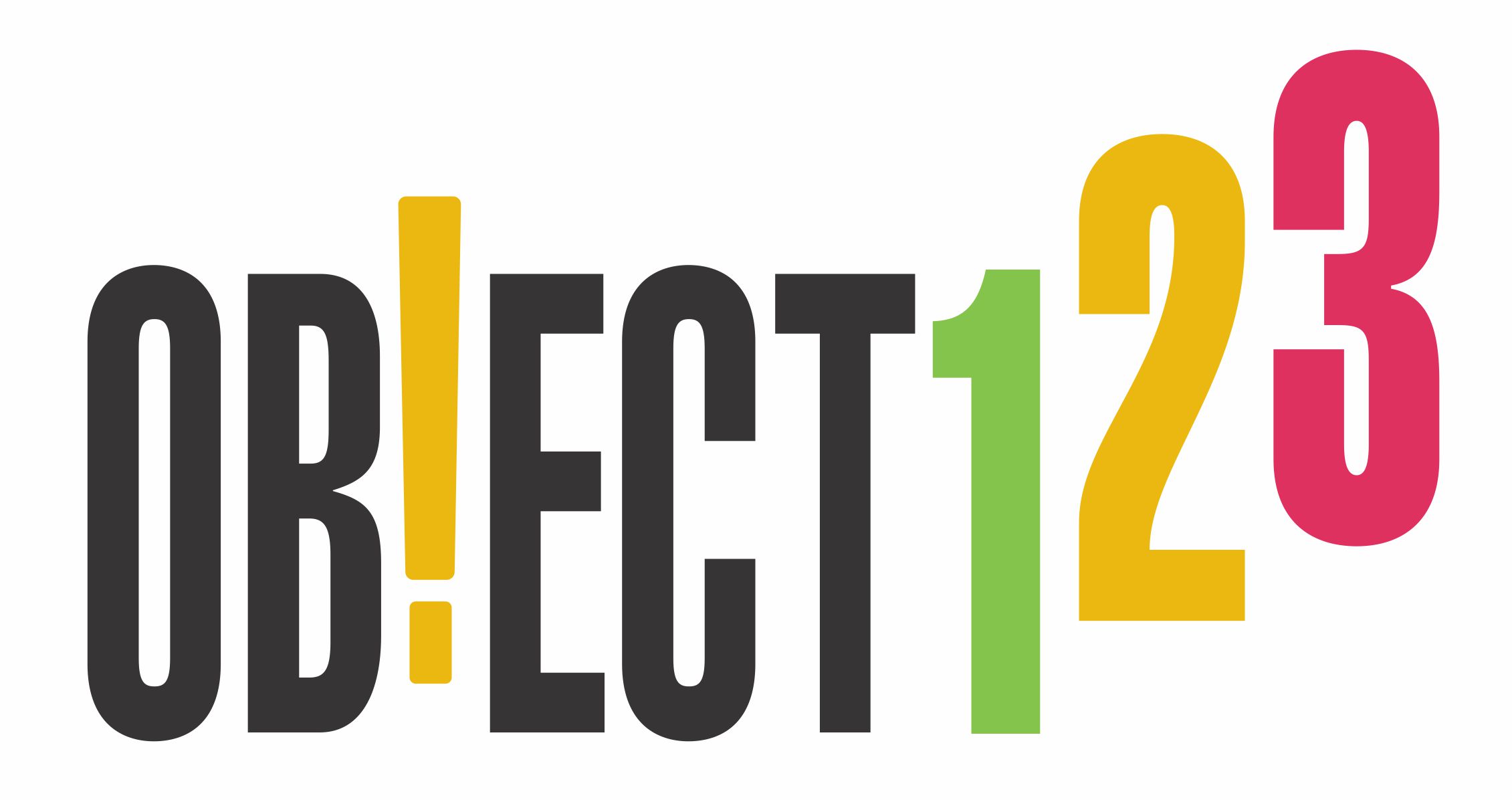
At SpatzAI we believe that a healthy team dynamic depends on how we address and resolve micro-conflicts. At Spatz, we emphasize the critical difference between objecting in real-time and direct vs. complaining after the fact and indirect. This distinction is key to maintaining a psychologically safe and productive work environment.
Objecting: Real-Time and Direct
Objecting within the SpatzAI framework is a structured, formalized process designed to address issues in real-time. When a team member objects, they are not disputing the content of the conversation but the delivery method or context. For instance, if someone perceives a colleague’s tone as overly dogmatic, biased or objectionable for what ever reason, they would simply verbally caution him or her on how the message is delivered, not the message itself. This real-time, direct approach involves immediate feedback, allowing for on-the-spot course-correction and understanding. Using the SpatzAI three-phase app, objections are formally recorded, when challenged or ignored, by the offending team member, ensuring that concerns are addressed and resolved systematically and constructively at a convenient time and place. And finally, if needed, the issue would be automatically posted onto the Spatz Team-Assisted Review (STAR) platform to help resolve their now conflict.
Complaining: After the Fact and Indirect
Complaining often occurs informally, after the fact, and is typically indirect. It involves expressing dissatisfaction or frustration without the intention or mechanism to resolve the issue constructively. Complaining can lead to gossip or venting, which may contribute to a negative atmosphere and unresolved tensions within the team. Unlike objecting, complaining lacks the structure and immediacy needed to address and rectify the behavior or situation in question.
The SpatzAI Secret Source:
SpatzAI’s approach hinges on the team agreeing that objections are encouraged over complaints. By promoting real-time, direct feedback through an informal caution and then formal objections, we ensure that issues are addressed systematically, promptly and constructively. We believe this helps in preventing micro-conflicts from escalating into major, toxic conflicts. Additionally, by agreeing how team members disagree the SpatzAI procedure goes a long way to creating a psychological safe environment conducive to innovation during difficult conversations.
We believe that distinguishing between objecting and complaining is crucial for maintaining a harmonious and productive team. The SpatzAI’s structured process for handling objections ensures that concerns are managed effectively, creating a team culture that thrives on transparent communication and mutual respect.

Leave a comment